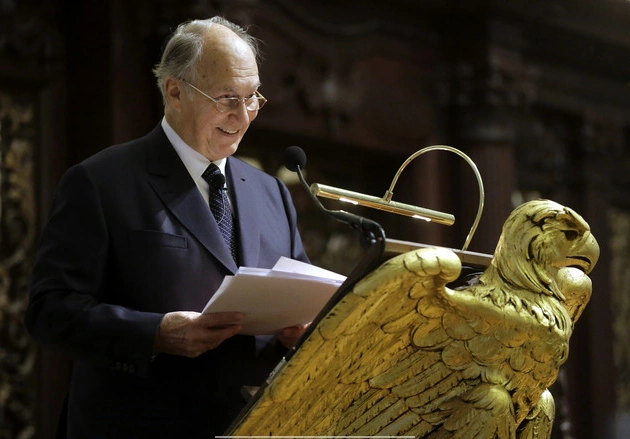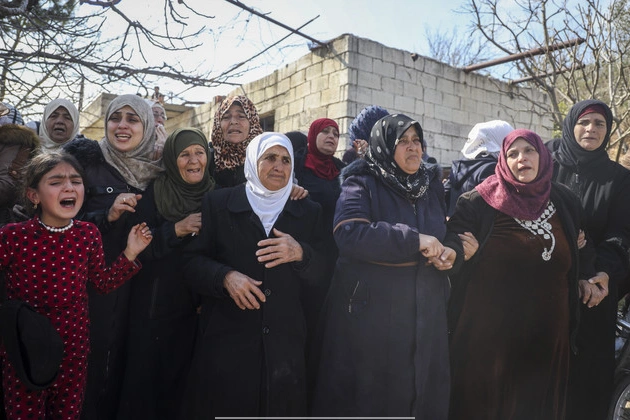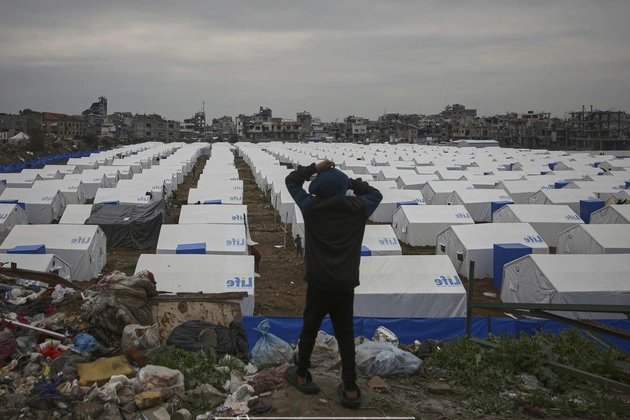
The world mourns the passing of His Highness Prince Karim Al-Hussaini, the Aga Khan IV, the 49th hereditary imam of the Shia Ismaili Muslims, who dedicated his life to philanthropy and community development. His legacy as a spiritual leader and humanitarian resonates across borders and generations.
The Early Years
Born on December 13, 1936, in Creux-de-Genthod, near Geneva, Switzerland, the Aga Khan IV was the son of Joan Yarde-Buller and Aly Khan. His upbringing in Nairobi, Kenya, and later education at Harvard shaped his future path towards leadership and service.
A Leader of Change
Ascending to the role of Aga Khan IV at a young age, he steered the Ismaili community towards progress and modernization. His commitment to social welfare led to the establishment of the Aga Khan Development Network, a global organization dedicated to improving healthcare, education, and economic opportunities in developing nations.
Philanthropic Endeavors
Through a network of hospitals, schools, and rural development initiatives, the Aga Khan IV transformed the lives of millions in over 30 countries. His focus on empowering the marginalized and enhancing quality of life has left a lasting impact on communities worldwide.
Legacy and Recognition
As a patron of Islamic architecture and cultural preservation, the Aga Khan IV’s contributions extend beyond philanthropy. His efforts in restoring historic sites and promoting architectural excellence have garnered international acclaim, reinforcing his role as a bridge-builder between cultures.
His Highness Prince Karim Al-Hussaini, the Aga Khan IV, will be remembered for his compassion, vision, and unwavering dedication to humanitarian causes. His legacy serves as a testament to the transformative power of service and empathy.















